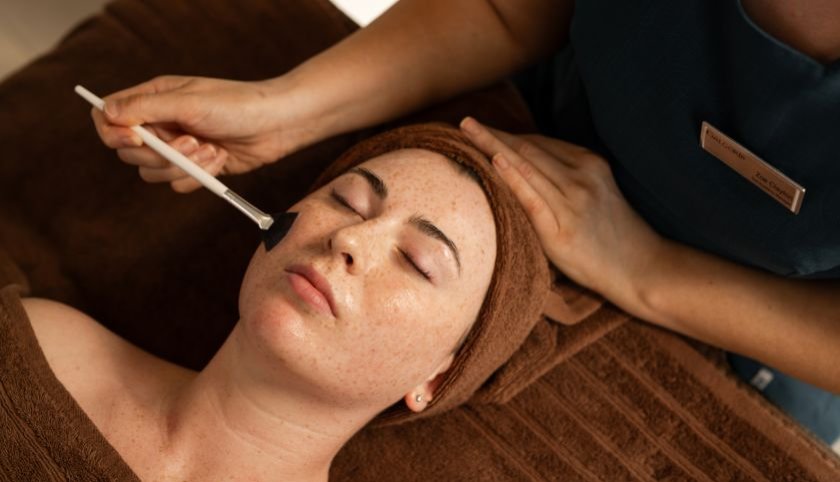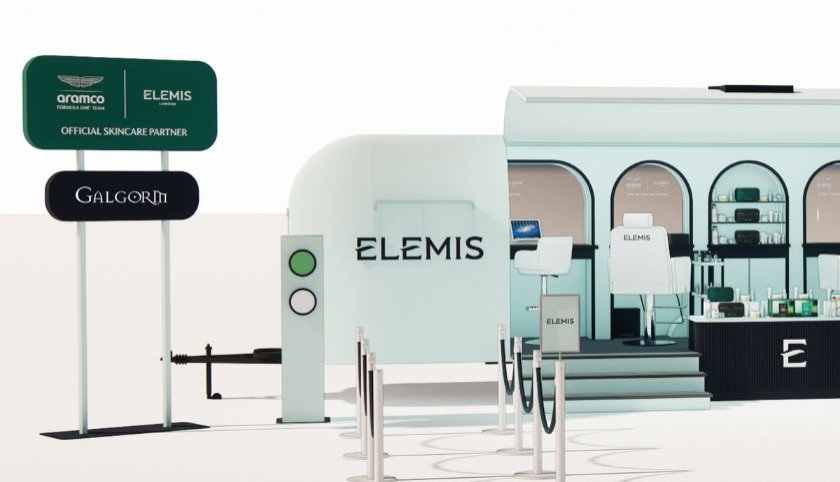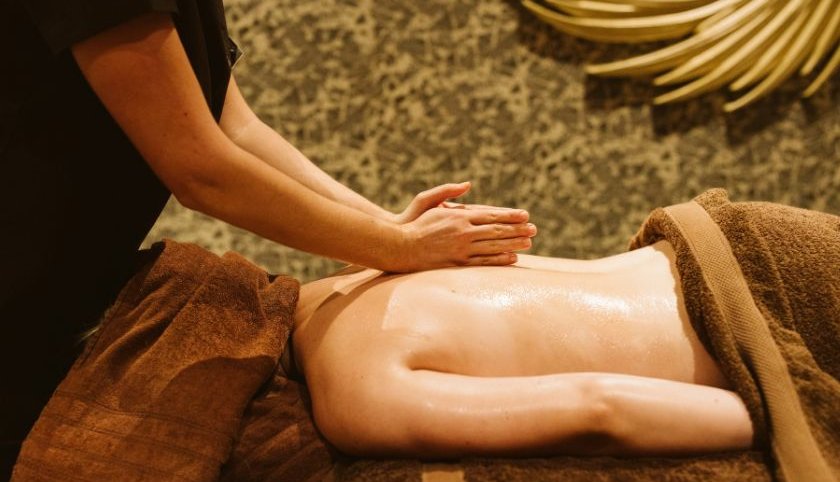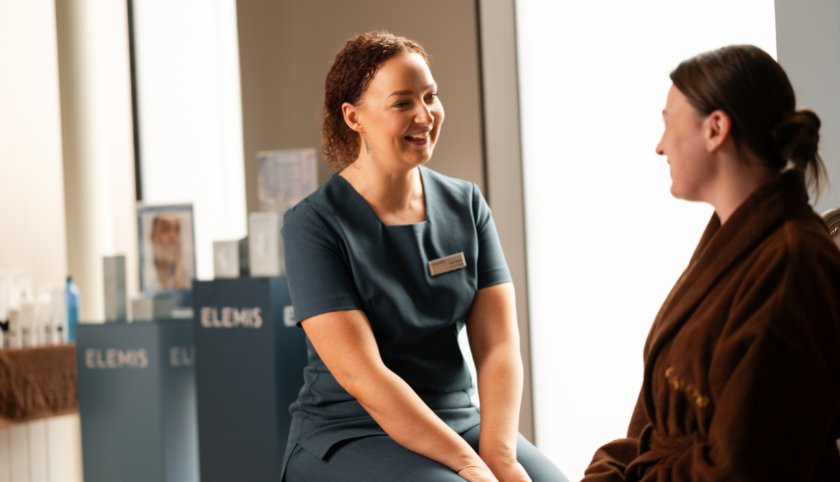Winter can be hard on the skin. Cold air, wind and indoor heating all take their toll, often leaving skin feeling dry, tight or a little irritated. A few small changes to your routine can make a big difference and help keep your skin looking healthy and radiant through the colder months.
Start with a Gentle Cleanse
Every good skincare regime starts with a staple cleanser and during the winter months, skin needs comfort. A nourishing cleanser will remove impurities without stripping away moisture.
An award-winning icon in skincare, the ELEMIS Cleansing Balm is a winter staple for good reason. As a 3-in-1 transformative cleanser it melts away makeup and SPF while leaving the skin feeling soft and hydrated, while doubling up as a soothing evening wind down ritual, thanks to its indulgent signature blend of essential oils that treat the skin to a spa experience at home. For something lighter, the new Pro-Collagen Hydrating Cleansing Mousse offers an airy texture that cleanses and soothes, making it particularly suited to dry or sensitive winter skin.
Moisture is Your Best Friend
As temperatures drop and we’re exposed to dry environments and central heating, skin loses moisture more quickly. This is the time to focus on hydration and barrier support.
In the morning, ELEMIS Pro-Collagen Marine Cream helps keep skin plump, smooth and comfortable throughout the day and acts as a moisturising base for make-up. At night, ELEMIS Pro-Collagen Night Cream works while you rest, replenishing moisture and supporting overnight recovery so skin feels refreshed by morning.
Yes, You Still Need SPF
Even when the sun isn’t shining, UV rays are still present. They can pass through clouds and continue to affect your skin, quietly contributing to premature ageing and long-term skin damage. That’s why wearing SPF every day matters, as it helps protect your skin and keep it healthy, making it a year-round essential.
Exfoliate, but Gently
Even in winter we crave a glowy complexion and there are key steps you can take to battle dry skin. Dry skin can lead to a build-up of dead skin cells, leaving the complexion looking dull. Gentle exfoliation once or twice a week helps refresh the skin and allows products to work more effectively. ELEMIS Dynamic Resurfacing Pads are a simple, effective option, helping to smooth and brighten without compromising the skin barrier.
Supporting Skin from the Inside Out
Winter affects more than just the surface of the skin. Circulation can slow, lymphatic flow may feel sluggish, and the body can begin to feel heavy or tired, often reflected in the complexion.
Gharieni Detox Therapy is designed to support the body during this time. Using gentle far-infrared heat, the treatment encourages circulation and lymphatic drainage, helping the body function more efficiently through the colder months.
Many guests notice their skin looks clearer and more refreshed after regular sessions, alongside an overall feeling of warmth and lightness. As part of a winter wellness routine, Detox Therapy can complement topical skincare beautifully. Discover more on Galgorm’s
Detox Therapy
, available as a Day Spa Experience or as an enhancement to your overnight stay.
Final Thoughts
Winter skincare doesn’t need to be complicated. Gentle cleansing, consistent hydration and daily protection go a long way. Combined with thoughtful treatments and a slower pace, it’s possible to move through winter with skin that feels comfortable, healthy and balanced.
Pro Therapist Tip
Apply ELEMIS Pro-Collagen Rose Micro Serum before Pro-Collagen Marine Cream to boost hydration and enhance glow, especially during the colder months, lightweight serum helps lock in moisture and strengthens the skin barrier, allowing your creams to absorb more effectively for longer-lasting glow and comfort.


























